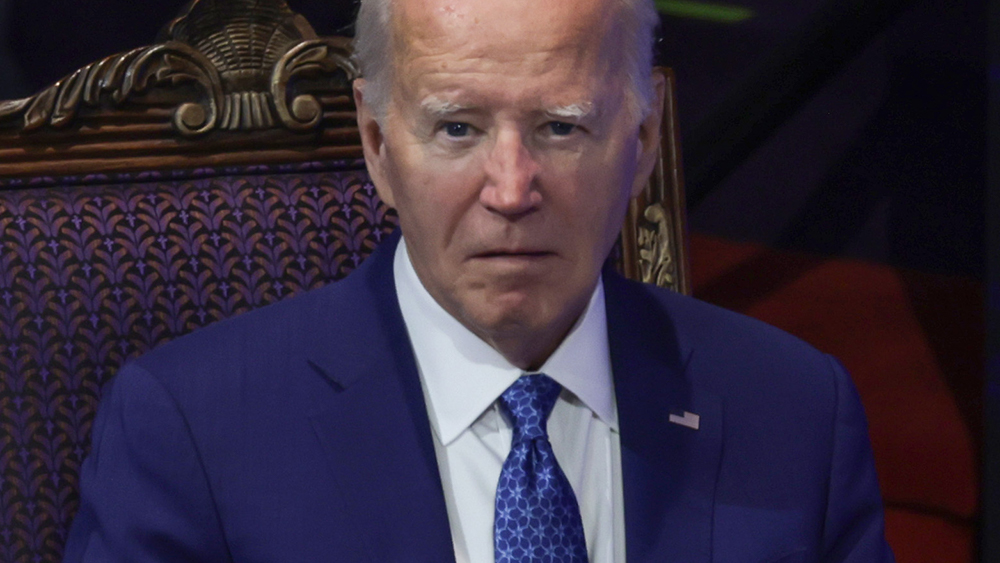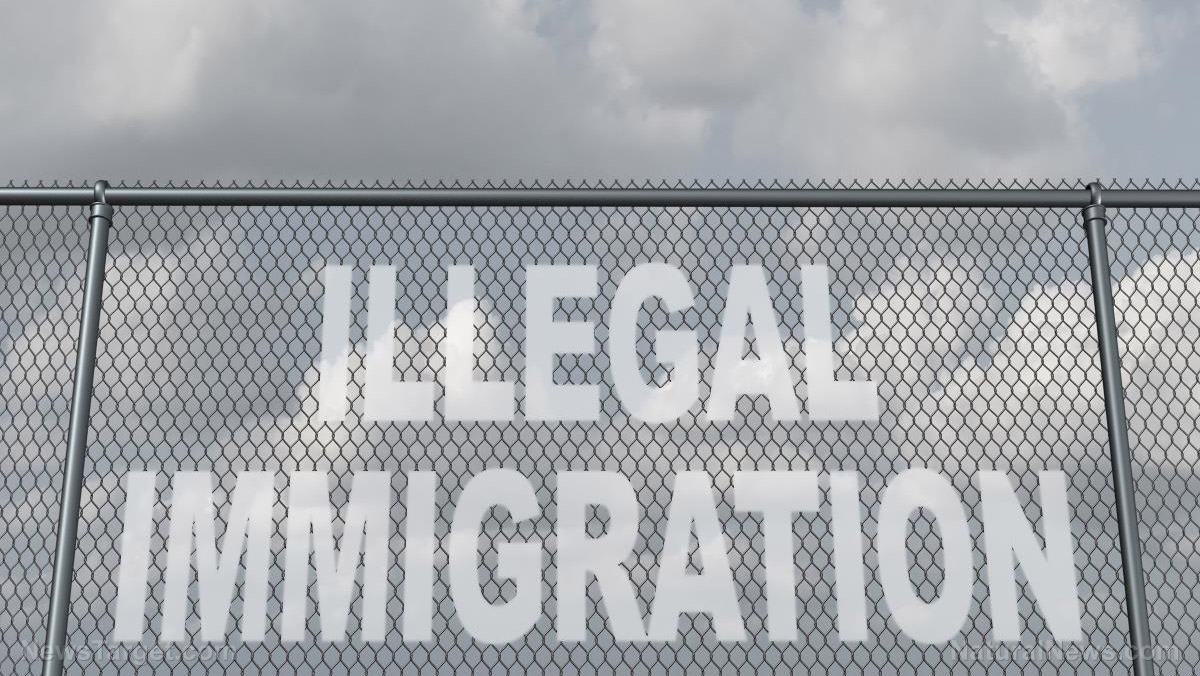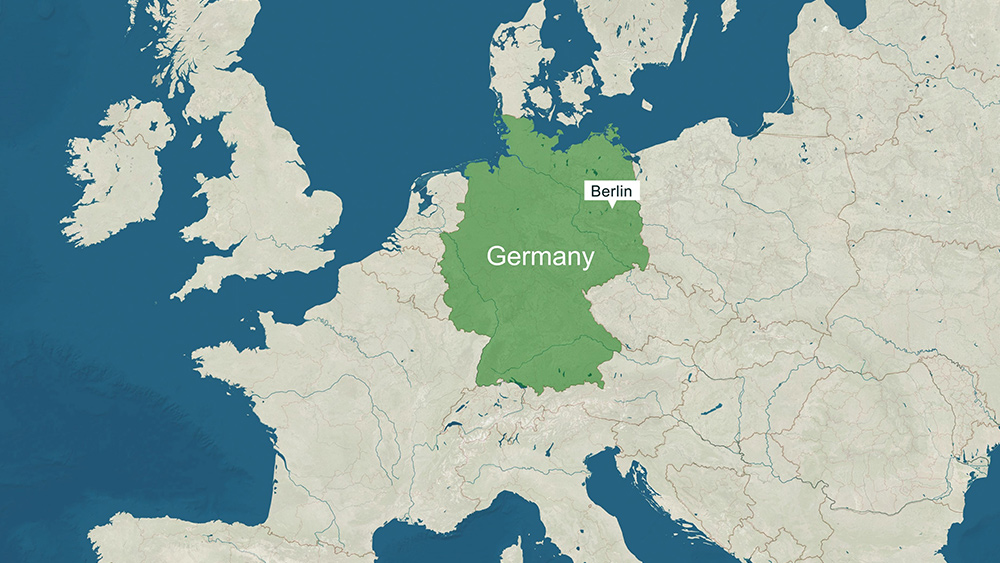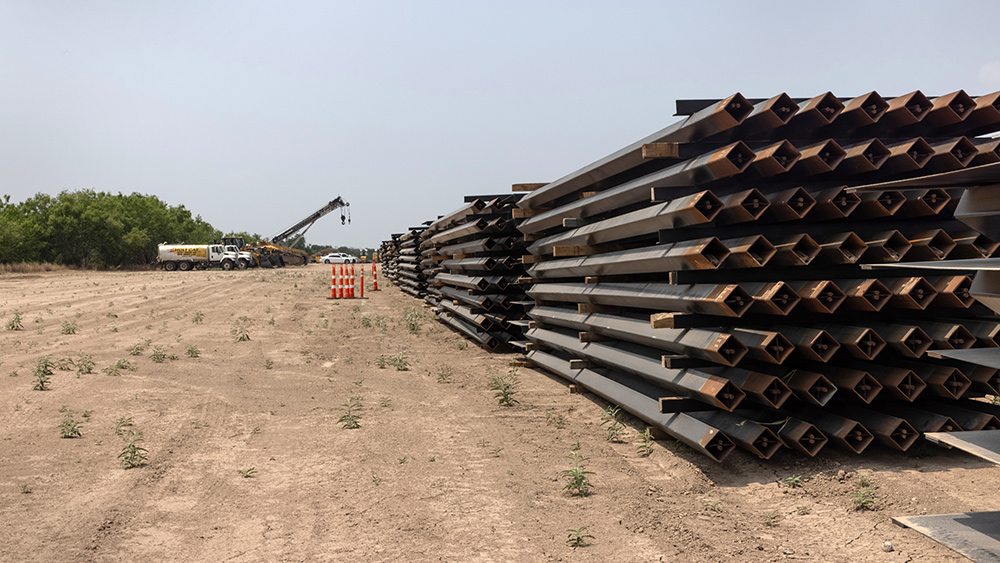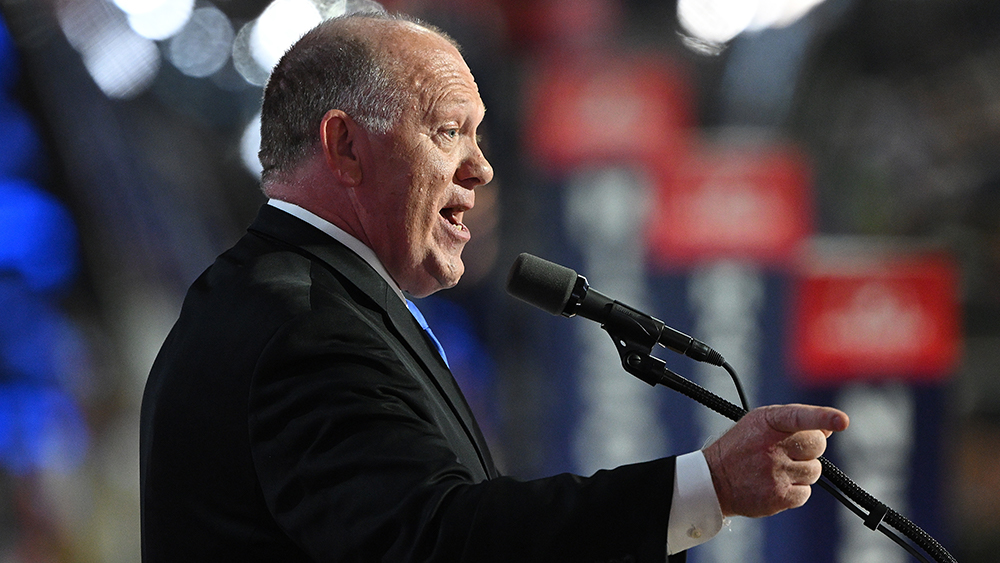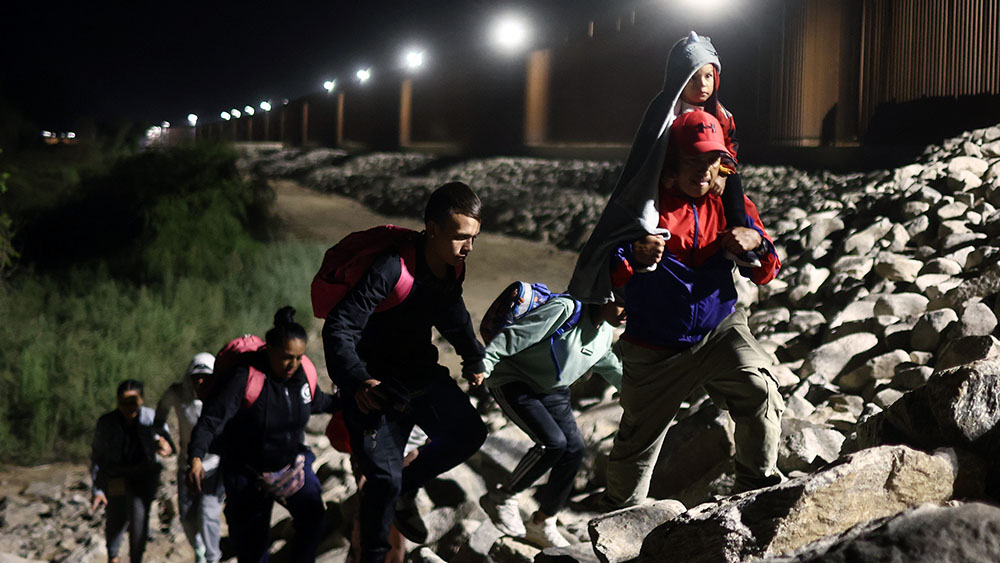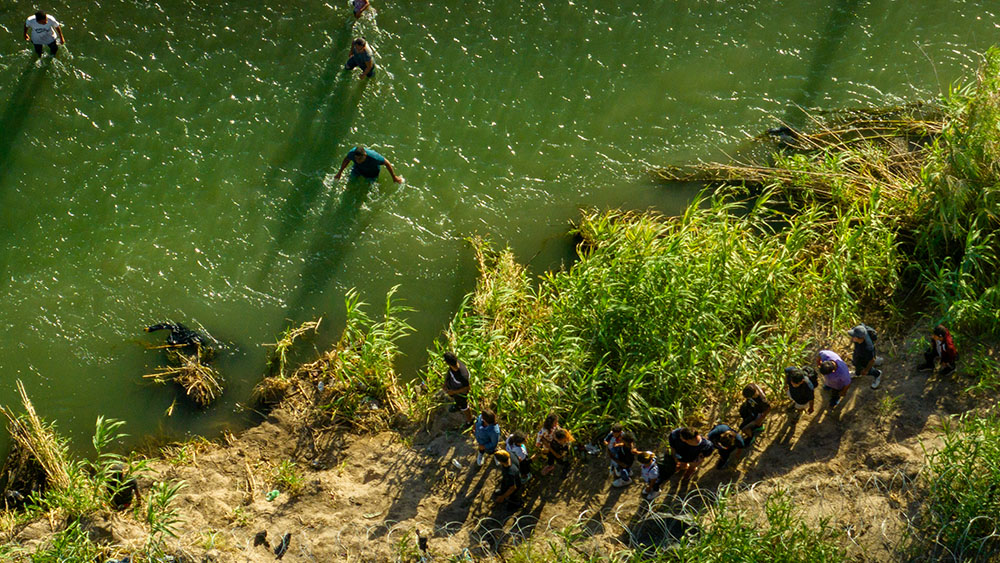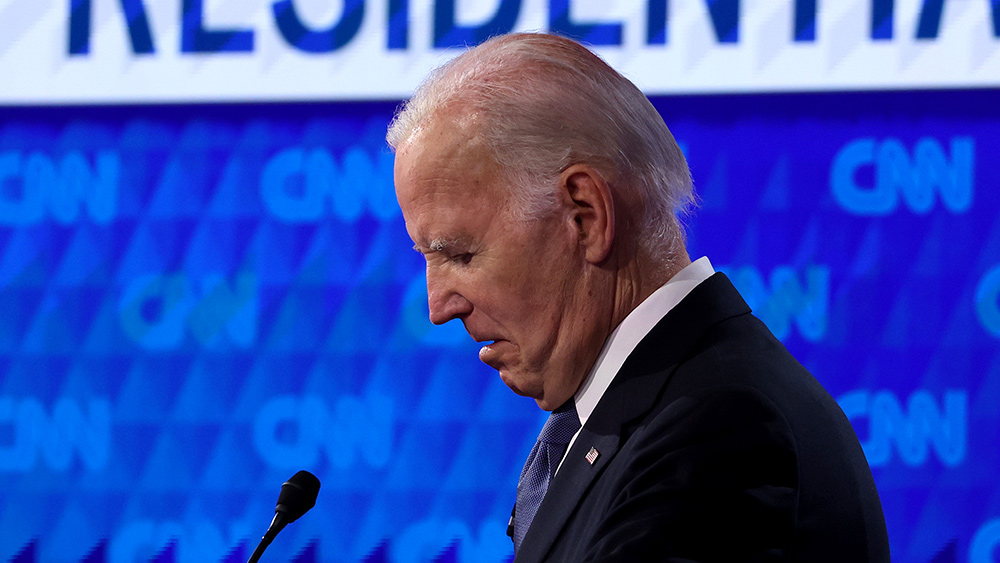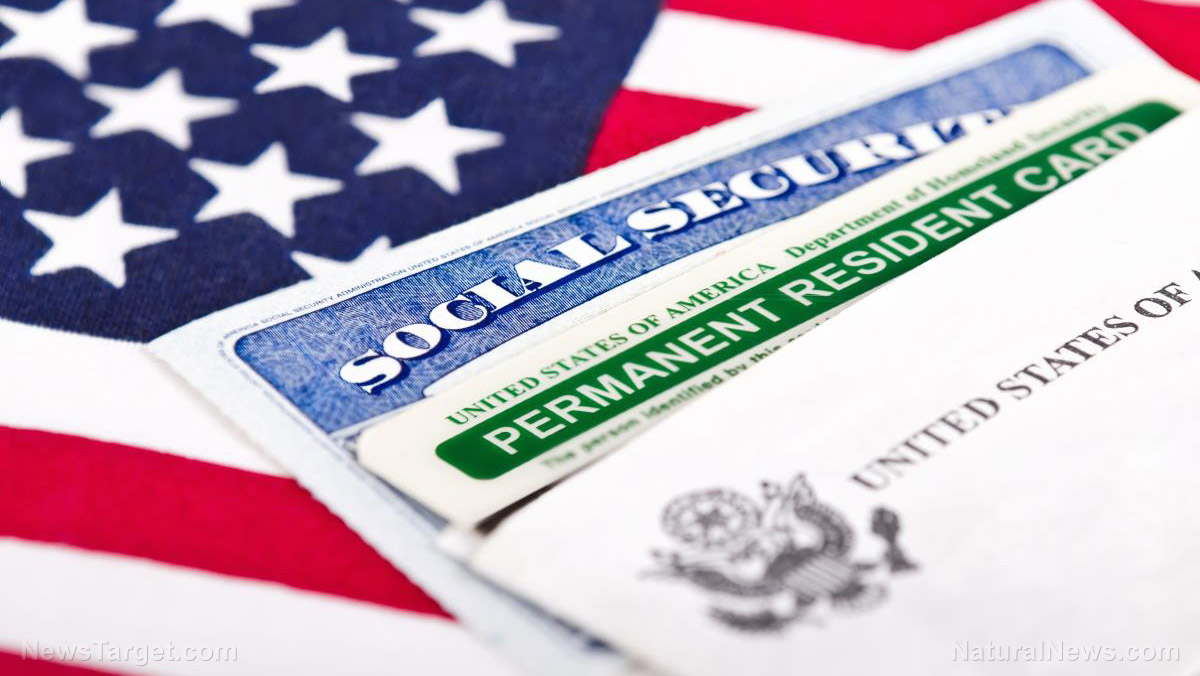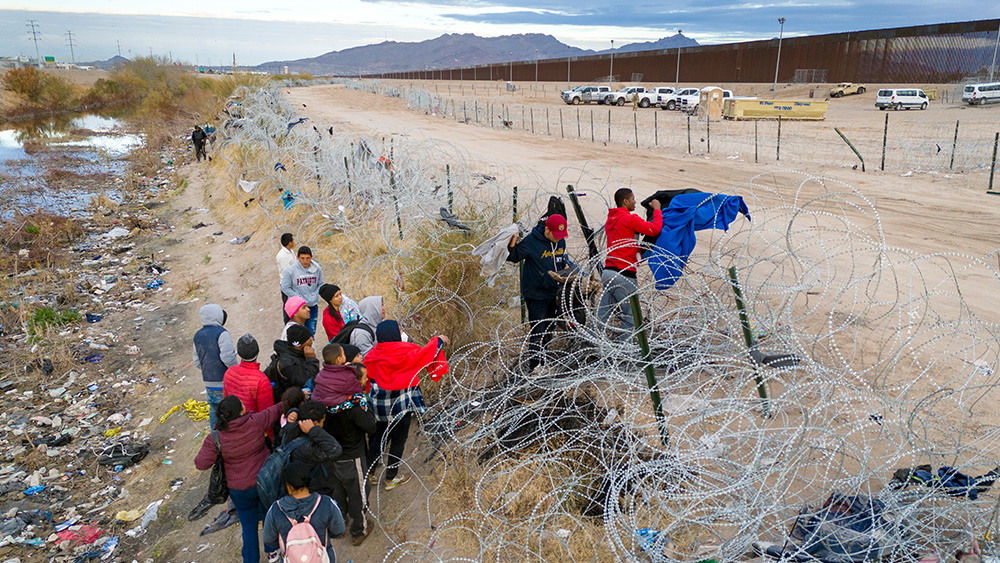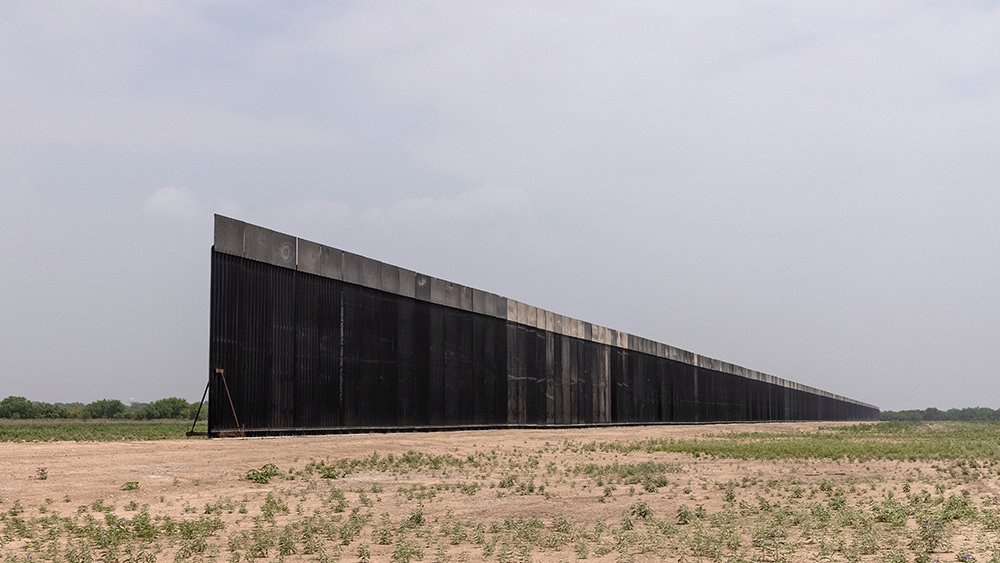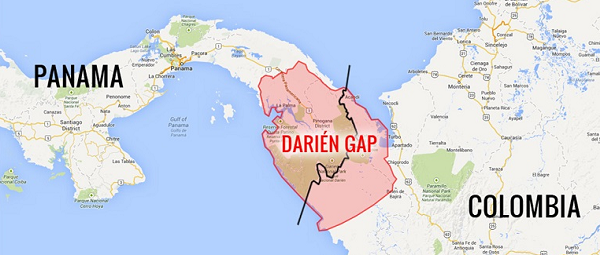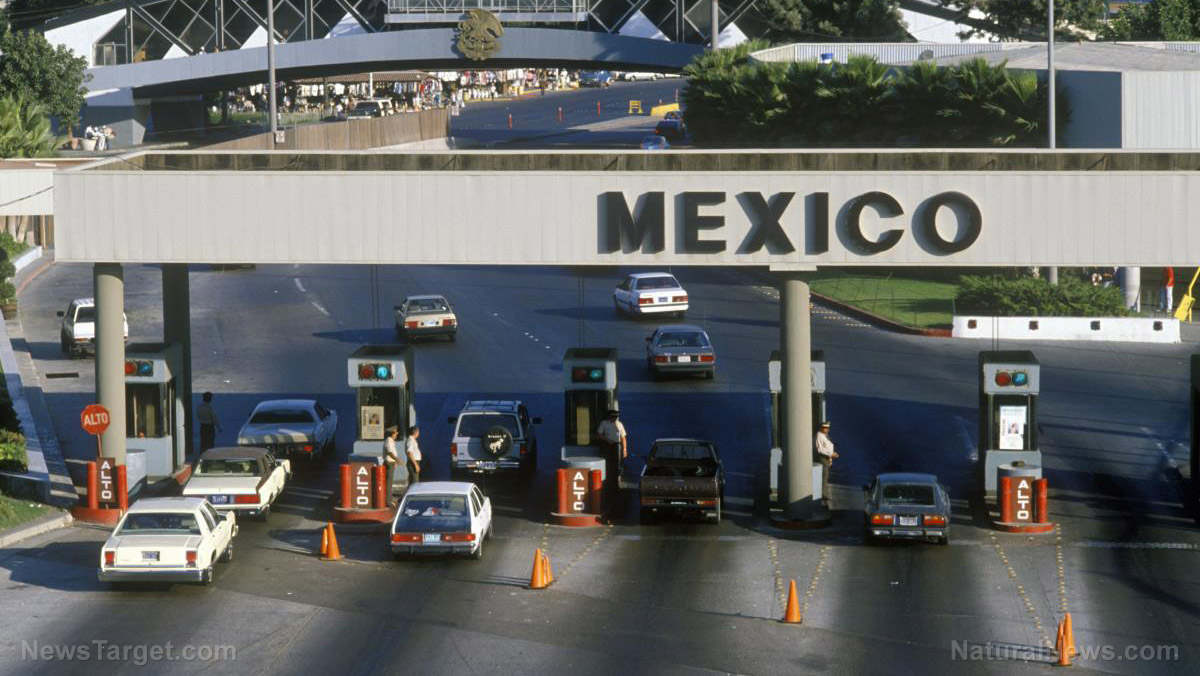Fearing tariffs, Mexico scrambling to disperse migrant caravans ahead of Donald Trump’s inauguration
01/11/2025 / By Ava Grace
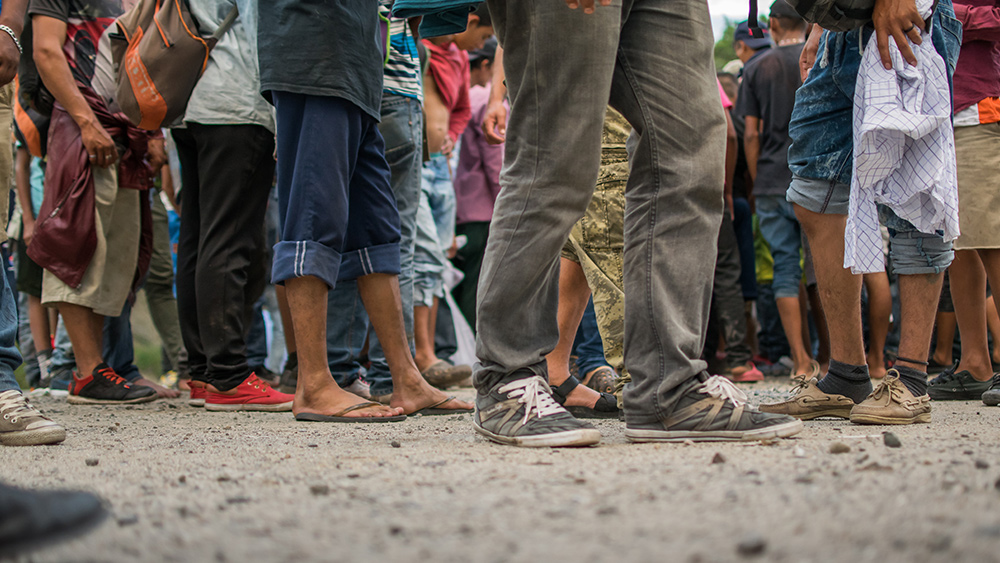
- Facing threats of 25 percent tariffs on Mexican goods from the incoming Trump administration, Mexico has adopted its new, controversial “dispersion and exhaustion” strategy of deterring migrants from reaching the U.S. border.
- The strategy is giving Mexican officials the ability to scatter migrants far from traditional migration routes. This policy is being criticized as inhumane.
- Migrants report being misled by Mexican officials, who promise transit permits but leave them stranded far from migrant routes without access to transportation and other assistance.
- Critics argue that Mexico’s dispersal strategy undermines its claim of a humanitarian focus, as migrants face dangers like cartel violence and exploitation. The situation highlights the human cost of political and economic pressures on migration policies.
As President-elect Donald Trump’s second inauguration looms less than two weeks away, the Mexican government is taking drastic measures to break up migrant caravans heading toward America’s southern border.
Traveling in caravans, migrants believe there is safety in numbers, as large groups are harder for immigration agents to detain. However, Mexican authorities have been quick to dissolve these caravans, leaving migrants scattered and vulnerable.
Trump has threatened to impose a 25 percent tariff on Mexican imports if the country fails to curb the flow of migrants. This economic pressure has forced Mexico to adopt aggressive measures.
Facing the threat of massive tariffs on Mexican goods under the incoming administration, Mexico has adopted a strategy of dispersing migrants across the country, including sending them to the once-glamorous but now crime-ridden tourist destination of Acapulco. (Related: Mexican President Sheinbaum relents, now ready to receive Mexican nationals deported by Trump.)
This policy, described as “dispersion and exhaustion,” aims to reduce the number of migrants able to reach the United States by housing them far from traditional migration routes.
Authorities allow migrants to walk for days until they are physically exhausted, then offer to bus them to various cities under the guise of reviewing their immigration status. However, many migrants report being abandoned in unfamiliar and dangerous locations with little support or resources.
Acapulco, a major city on the Pacific coast and once a crown jewel of Mexico’s tourism industry, is now a shadow of its former self. Ravaged by organized crime and still recovering from the devastation of Hurricane Otis in 2023, the city has one of the highest homicide rates in Mexico. Yet, it has become an unlikely destination for busloads of migrants, many of whom are left stranded without the means to continue their journey north.
Critics describe Mexican dispersal policy as inhumane
Migrants like 28-year-old Venezuelan Ender Antonio Castaneda describe being misled by Mexican immigration officials.
“They told us they were going to give us a permit to transit the country freely for 10 to 15 days, but it wasn’t like that,” Castaneda said. “They left us dumped here without any way to get out. They won’t sell us bus tickets. They won’t sell us anything.”
Castaneda is one of thousands of migrants who recently left Tapachula, a city near Mexico’s southern border with Guatemala, in hopes of reaching the U.S. before Trump takes office.
The situation in Acapulco highlights the broader challenges facing migrants in Mexico. Many fear being targeted by drug cartels for kidnapping and extortion, while others accuse Mexican authorities of exploiting them.
“We’re a little scared by the lack of safety getting on buses, that they’re going to stop us,” said Cuban migrant Dayani Sanchez, who recently received a transit permit to travel within Mexico.
Despite the risks, migrants continue to push forward, driven by the hope of reaching the U.S. before Trump’s administration implements stricter border policies.
The Mexican government insists its immigration strategy has a “humanitarian” focus, but critics argue that dispersing migrants to violent areas like Acapulco undermines this claim.
“We know they’re going through a very difficult time, with a lot of needs,” said Father Leopoldo Morales, a priest in Acapulco who has been helping migrants with food, water and clothing.
Watch this short clip of a migrant caravan being prevented from staying in Mexico.
This video is from the SecureLifechannel on Brighteon.com.
More related stories:
Mexican president agrees to accept deportees under Trump’s immigration crackdown.
Mexico prepares: Trump’s deportation plans progressing.
Sources include:
Submit a correction >>
Tagged Under:
acapulco, border crisis, border security, human rights, humanitarian, illegal immigration, invasion usa, Mexico, migrant caravans, Migrant Crisis, migrants, Open Borders, tariffs
This article may contain statements that reflect the opinion of the author
RECENT NEWS & ARTICLES
COPYRIGHT © 2018 BORDERPATROL.NEWS
All content posted on this site is protected under Free Speech. BorderPatrol.news is not responsible for content written by contributing authors. The information on this site is provided for educational and entertainment purposes only. It is not intended as a substitute for professional advice of any kind. BorderPatrol.news assumes no responsibility for the use or misuse of this material. All trademarks, registered trademarks and service marks mentioned on this site are the property of their respective owners.

